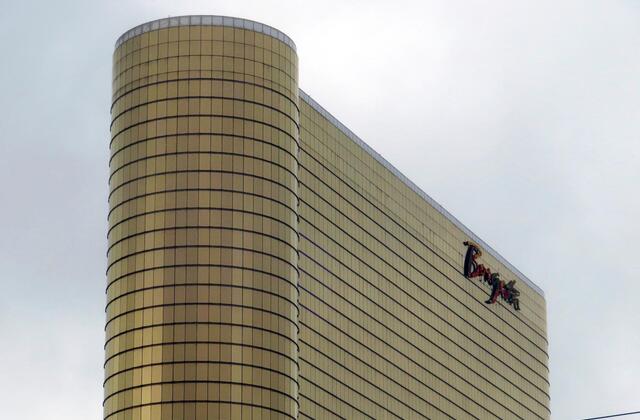New Jersey Judge Rules in Favor of Casinos in Responsible Gambling Lawsuit

A judge in Atlantic City, New Jersey, recently ruled that the city’s casinos bear no legal responsibility to intervene with compulsive gamblers, dismissing a lawsuit filed by Sam Antar against Borgata.
Antar, a self-described problem gambler, alleged that the casino entities continued to entice him with gambling offers despite being aware of his addiction.
US District Court Judge Madeline Cox Arleo, in her decision on January 31, emphasized that the extensive regulations governing gambling in New Jersey do not impose a legal obligation on casinos to intervene with compulsive gamblers.
While New Jersey’s casino law extensively regulates casino responsibilities concerning compulsive gambling, it remains notably silent on whether casinos or online platforms can actively encourage individuals exhibiting compulsive behavior to engage in their establishments.
Judge Arleo also referenced two prior cases in New Jersey where both a compulsive gambler and an individual who asserted losses while gambling under the influence failed in their lawsuits. Similar legal actions in other states, such as Indiana, have also met dismissals.
Antar, expressing his dissent from the court’s decision, argued for a reevaluation of the law and communicated his intention to challenge the dismissal.
Underlining the broader importance of the case, he emphasized that it extends beyond his circumstances, asserting that it is not solely about him but concerns all individuals across the country grappling with this addiction. He questioned when the country would address this issue.
Antar, residing in both New York and Long Branch, New Jersey, embarked on a substantial gambling spree, wagering $30 million across 100,000 bets in 2019, as detailed in his lawsuit.
This legal action mirrors past claims in a lawsuit against Atlantic City casinos, where a judge rejected a similar argument in 2008.
Arelia Taveras, a New York gambler, sued seven casinos, asserting they had a duty to intervene in her gambling habits.
Despite Taveras losing nearly $1 million over two years, the judge ruled against her, highlighting that the act of gambling itself doesn’t establish a legally valid claim.
In response to Antar’s lawsuit, MGM cites the Taveras case among its defenses, asserting the company did not contribute to or worsen Antar’s gambling issue or that of others.
Sam Antar, the nephew of Crazy Eddie’s founder Eddie Antar, has a controversial history marked by financial wrongdoing. Eddie Antar defrauded investors of over $74 million and passed away in 2016.
In 2013, Sam Antar faced a 21-month federal prison sentence for participating in a fraudulent investment scheme, where he pocketed $225,000. Subsequently, in 2022, he was convicted and imprisoned for theft by deception, involving nearly $350,000.
By 2023, Antar openly admitted to federal securities fraud, confessing to exploiting investors, including friends implicated in the same case. This admission led to a four-month jail term and a restitution order.
Currently, Sam Antar is under an intensive supervision program, enjoying freedom while also claiming to provide informal counseling to young individuals grappling with gambling issues.
- Other news categories:
- SlotsUp's news





